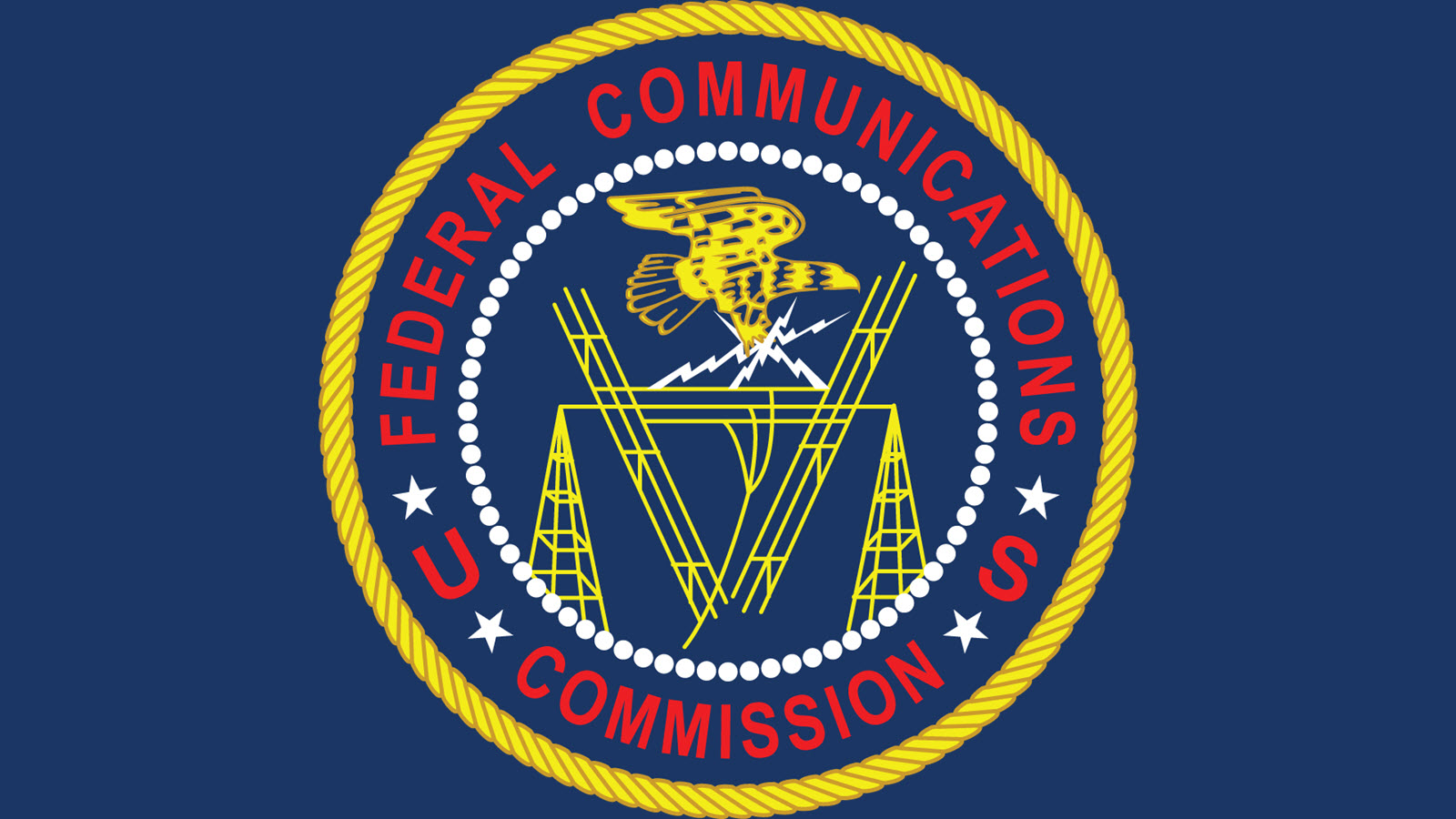Cable Ops, LFA's Battle Over FCC Dereg Order

The smarter way to stay on top of the multichannel video marketplace. Sign up below.
You are now subscribed
Your newsletter sign-up was successful
Cable operators and local franchise authorities continue to spar over the FCC's decision that in-kind considerations in franchise agreements count toward the statutory on such fees.
At issue is the status of franchise agreements in place when the decision became effective and the impact of the FCC's deregulatory decision.
Following that August decision, the National League of Cities, United States Conference of Mayors, the National Association of Regional Councils, the National Association of Towns and Townships, and the National Association of Telecommunications Officers and Advisors asked the FCC to stay that decision that any in-kind services or equipment local cable franchising authorities (LFAs) require cable operators to provide count toward the FCC's 5% (of cable revenues) cap on franchise fees charged by the LFAs.
After the FCC's Media Bureau denied a request by those LFA's that the order be stayed, NCTA-The Internet & Television Association sought clarification of language in that stay order that NCTA said conflicted with the original decision.
NCTA said that the FCC stay denial order’s statement that “[t]he rules in the Order
did not supersede provisions in existing franchise agreements," with language in the Third Report and Order that 'expressly preempt[ed]' obligations on cable operators
that contravene its terms as of the effective date of the Order.
In the latest twist, LFA's told the FCC this week that that NCTA had "grossly mischaracterized" an legal alert sent to local governments about the issue.
It said that while NCTA alleged that the alert informed governments that the stay denial provided justification for LFA's to "to refuse to renegotiate unlawful franchises and to improperly extend the imposition of excess franchise fees in clear contravention of the Order.”
The smarter way to stay on top of the multichannel video marketplace. Sign up below.
Instead, said the LFA's, the alert simply informed them that the current franchise agreements remained in place until a cable operator affirmatively challenged them and sought to renegotiate.
Contributing editor John Eggerton has been an editor and/or writer on media regulation, legislation and policy for over four decades, including covering the FCC, FTC, Congress, the major media trade associations, and the federal courts. In addition to Multichannel News and Broadcasting + Cable, his work has appeared in Radio World, TV Technology, TV Fax, This Week in Consumer Electronics, Variety and the Encyclopedia Britannica.

